Algeria's Bouteflika Votes in Wheelchair in 4th Term Bid
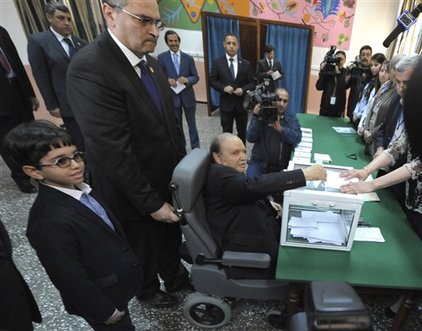
AFP
Abdelaziz Bouteflika, seeking a fourth term as president, cast his ballot from a wheelchair as Algerians voted in polls Thursday that he is widely expected to win despite chronic health problems.
In his first appearance in public in two years, a smiling Bouteflika arrived at a polling station in El Biar district of Algiers and waved to reporters covering an election tainted by fraud warnings and boycott calls.
More than 260,000 police have been deployed to protect the 50,000 polling booths set up across Africa's largest country, where 23 million Algerians are eligible to vote in a contest between six candidates.
The 77-year-old president, who rose to power in 1999, is the firm favorite. But all eyes will be on turnout before polling stations close at 7:00 pm (1800 GMT) after 11 hours of voting.
For Algeria's newspapers, the outcome is a foregone conclusion.
"It's just a matter of the curtain coming down this evening on a bad taste political drama," commented El Watan, saying the election itself lacked credibility.
For Liberte, another daily, "maneuvering will start for real the day after the 17th", with nothing at stake in the ballot itself.
Bouteflika faces the damaging prospect of a low turnout, with youth activists and opposition parties loudly calling on Algerians to snub the polls and many questioning whether he is fit to rule.
He has been seen only rarely on television in recent months, looking frail, after suffering a mini-stroke last year which confined him to hospital for three months and was too sick to take to the campaign trail, delegating that task to a team of loyalists.
When he last appeared in public, in the run-up to a May 2012 parliamentary election, Bouteflika addressed Algeria's youth to declare: "My generation has served its time."
His intention to seek re-election was announced in February, prompting derision and at times scathing criticism in independent media.
However, Bouteflika remains popular with many Algerians, especially for helping to end the devastating civil war of the 1990s.
"We are voting for peace, it's all we want," said Khadija, a widow in her 50s, at a polling station in a village in the Sidi Moussa district south of Algiers.
Her husband was killed in August 1997 along with nearly 100 others in Sidi Moussa in an attack blamed on the Armed Islamic Group (GIA), which conducted a campaign of massacres in its battle against the government, at times wiping out entire villages.
There has been sporadic election-related violence in the weeks leading up to Thursday's polls.
Youth protest group Barakat (Enough), a rare public expression of the anger and frustration felt by some Algerians towards political authoritarianism, was founded just two months ago specifically to oppose the president's bid for another five-year term.
On Wednesday, police violently dispersed a demonstration the group organized in Algiers and arrested some of its members.
Amnesty and Human Rights Watch have both voiced concerns about efforts by the authorities to restrict freedom of speech ahead of the vote, while Reporters Without Borders on Wednesday highlighted the difficulties faced by journalists trying to cover it.
With Barakat and a coalition of opposition parties, including the Islamist Movement for the Society of Peace and the secular Rally for Culture and Democracy, all calling on voters to shun the election, participation will be a key issue.
A leaked U.S. diplomatic cable estimated voter turnout in the 2009 election at between 25 and 30 percent, compared with the official figure of 74.11 percent.
The president's main rival, former prime minister Ali Benflis who ran against Bouteflika in 2004 but lost heavily, charged the vote was rigged 10 years ago and has said fraud will be his "main adversary" on Thursday.
Benflis warned that he would "not keep quiet" if the election is stolen, and said he had an "army" of supporters in place to monitor the polls "consisting of 60,000 people, most of them young men and women armed to the teeth with conviction".
Latest News
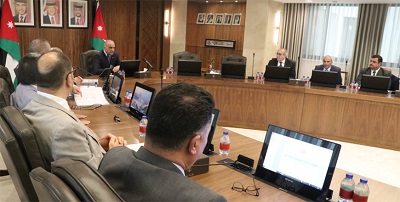 Prime minister directs government to support IEC ahead of upcoming elections
Prime minister directs government to support IEC ahead of upcoming elections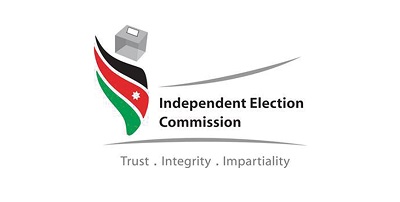 Parliamentary elections for 20th Lower House to be held on September 10 – IEC
Parliamentary elections for 20th Lower House to be held on September 10 – IEC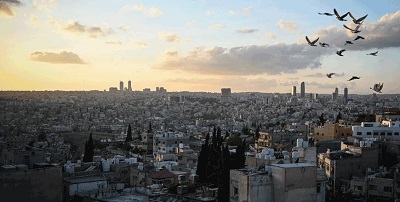 Amman Chamber of Commerce says GDP grows by 4.4% in 2023
Amman Chamber of Commerce says GDP grows by 4.4% in 2023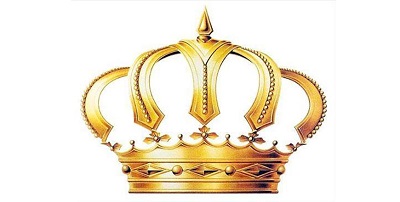 King orders holding parliamentary elections in accordance with law, checks on electoral commission’s preparations
King orders holding parliamentary elections in accordance with law, checks on electoral commission’s preparations- N. Macedonia starts elections that could decide stalled EU talks
Most Read Articles
- Palestinian prime minister, Jordanian ambassador discuss humanitarian efforts in Palestine
- US president signs bill to provide new aid for Ukraine
- Senate president, Rwanda’s ambassador discuss bilateral relations
- Prime minister directs government to support IEC ahead of upcoming elections
- 'Sinwar Above Ground': Hamas official's revelation shocks Israeli Occupation
- Iran cuts Syria presence after strikes blamed on Israel —monitor
- “Israel” withdraws main infantry brigade from Gaza
- US Supreme Court seems split on Idaho abortion ban
- Vaccines saved at least 154 million lives in 50 years — WHO
- Four dead as floods wreak havoc in Kenyan capital